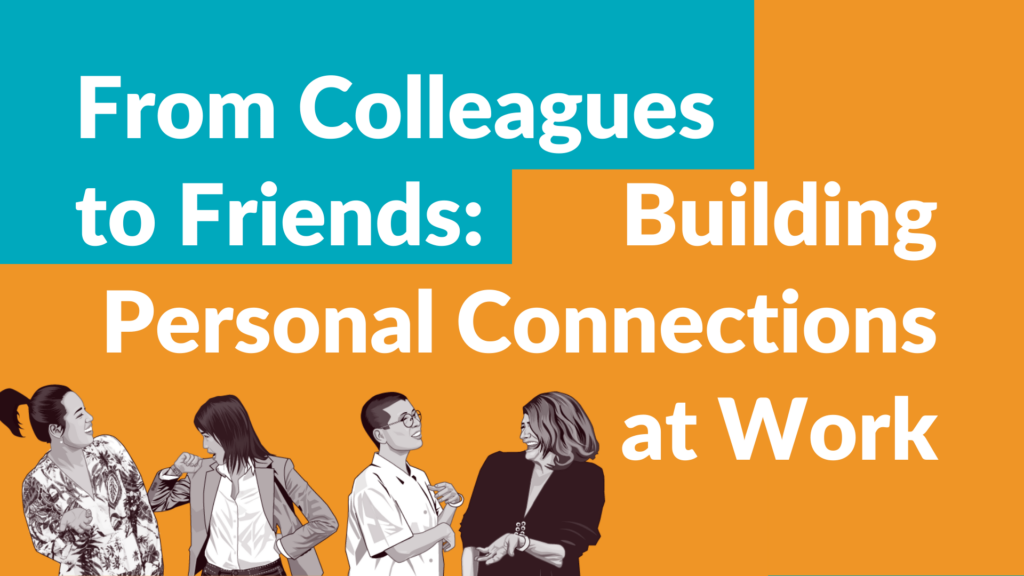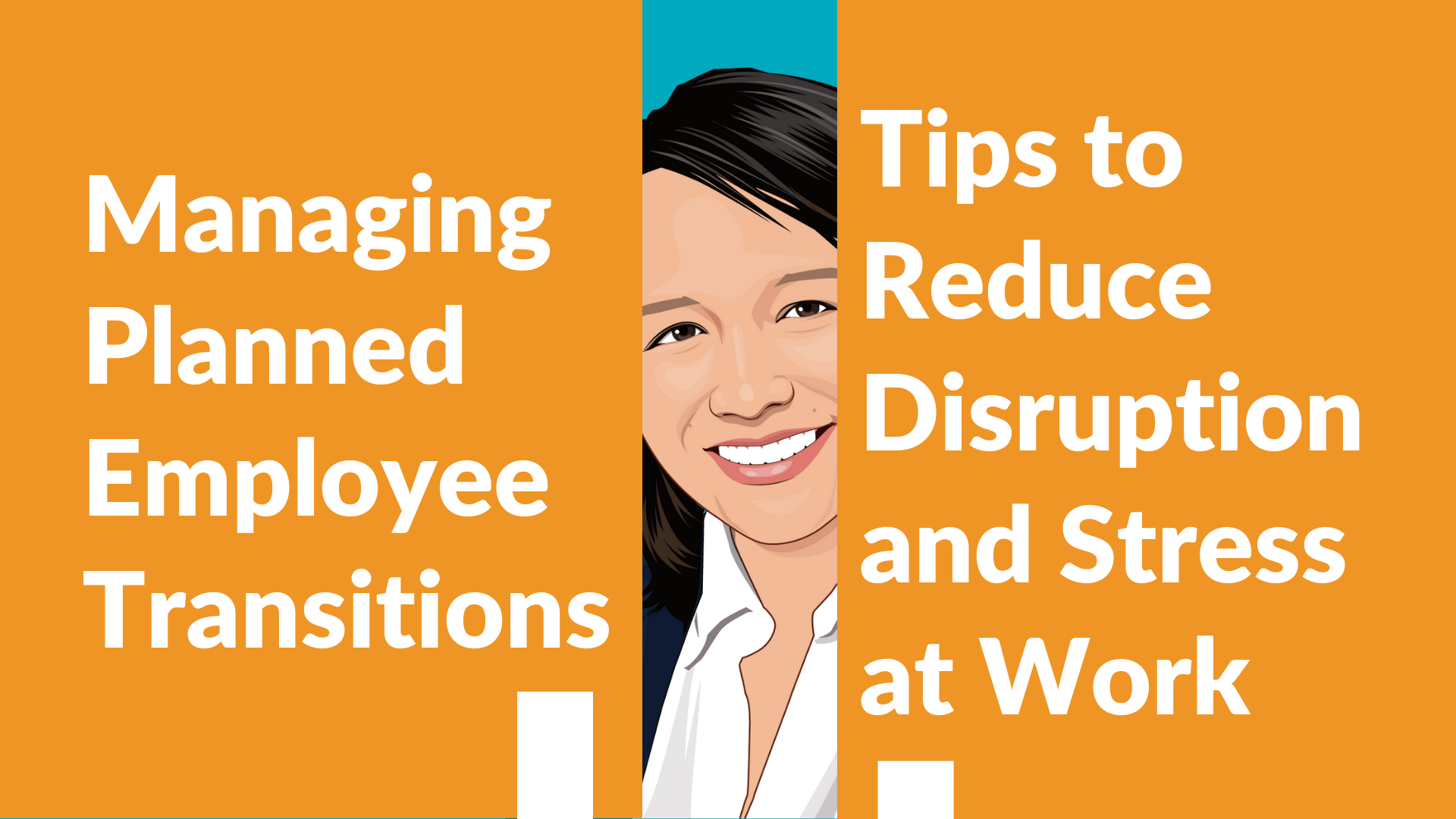Building meaningful friendships in professional environments can be tricky, but it’s definitely possible. Read on for four simple tips to making friends at work. You’ll learn how you can form friendships at work, blend your work and personal life without making things messy, and navigate the challenges of turning colleagues into friends.
Friendly vs. Friends
First, let’s clarify the difference between being friendly and being friends. Being friendly means being approachable and kind at work. But being friends involves having a relationship outside of work. You can be friendly with everyone, but you don’t have to be friends with everyone. I recommend forming friendships at work only with people who are on the same level as you—meaning you don’t report to them, and they don’t report to you.
If you want to become friends with someone who either reports to you or you report to them, it’s best to wait until you’re no longer working together to form that friendship. The power difference can overshadow the friendship, especially in the beginning. However, if you had a friendship before working together, it’s different. You’ve already experienced equality in your relationship, and you can set clear boundaries between work time and personal time.
Four Simple Tips for Making Friends at Work
1. Start Slow
Don’t rush into trying to become someone’s best friend right away. Take your time to see if there’s chemistry and if you can have meaningful conversations before exploring the possibility of a friendship outside of work.
2. Invite Them to a Group Non-Work Event
This is a low-pressure way to test if they’re interested in spending time together outside of the office. Invite them to a group event like a public concert or neighborhood festival. They can bring someone along, making it even more relaxed.
3. Talk About What You’re Learning at Work, Not Just What You Do
Since the friendship will be rooted in the workplace, it’s natural to talk about work. But you don’t have to only discuss tasks. For example, share what you’re learning from a project or new experiences at work. This can make your conversation feel more personal and less about work itself.
4. Avoid Gossiping About Others at Work
Gossiping about colleagues can lead to trust issues. If you gossip, your new friend might wonder if you’ll gossip about them too. Keep the conversations respectful and positive to build trust.
We hope these tips help you break the ice, establish trust, and form lasting friendships at work.
You can also check out our video on five proven strategies to stop gossip at work for more insights.









Leave a Reply